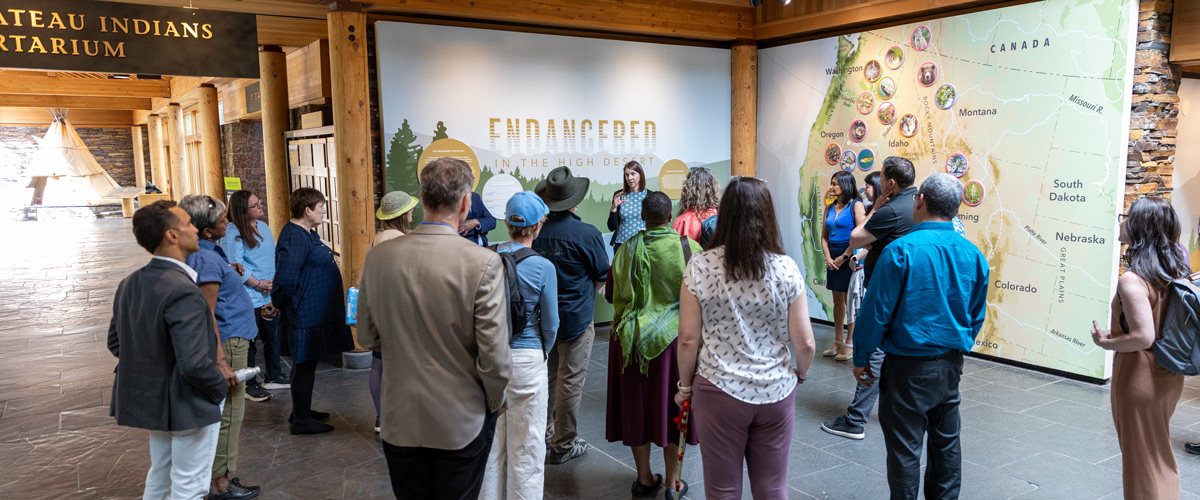10 Key Takeaways from the Discussion
1 | Commitment Must Be Declared and Embedded – JEDI efforts should be explicit commitments and not treated as separate initiatives. Successful organizations integrate JEDI into their core mission, governance, and decision-making.
2 | Board Champions Make a Difference – Boards that have internal champions—members who actively advocate for JEDI—see more engagement and peer-to-peer learning. These champions help shift the work from a staff-driven effort to a shared responsibility.
3 | Experiential Learning Is Transformational – Direct engagement with communities and immersive learning experiences (such as site visits, historical tours, and meetings with grantees) can profoundly shift board members’ perspectives on JEDI.
4 | Bridging the Staff-Board Gap Is Critical – In many organizations, staff are far ahead of the board on understanding JEDI and taking action. Creating shared learning experiences can help bridge this gap and foster alignment.
5 | Overcoming Risk Aversion and Taking the First Step – Some boards hesitate to engage with JEDI work due to fear of making mistakes. Successful organizations push past this by simply starting and learning along the way, rather than waiting for a perfect approach.
6 | Structural Barriers in Board Composition – Many foundation boards lack diversity, which can hinder progress. Family foundations struggle with diversifying beyond founding members, corporate foundations must balance JEDI with brand priorities, and community foundations in predominantly white regions face challenges in recruitment.
7 | JEDI Requires Time and Sustained Commitment – Persuading a board to dedicate significant time to JEDI learning—especially within board meetings—is difficult but can be catalytic for progress. Aligning board, executive leadership, and staff commitment is rare yet powerful.
8 | Curiosity Drives Engagement – Many participants joined this discussion because they are looking for ways to begin JEDI conversations with their boards. There’s strong interest in practical steps to “get the ball rolling” and learning from others’ experiences.
9 | Rethinking Learning Approaches – Making JEDI learning optional often leads to low engagement. Some groups are now embedding JEDI into formal board meetings to ensure participation. Boards also benefit from structured frameworks, such as intercultural competency tools.
10 | The Need for Ongoing Connection – Many participants expressed a desire to stay engaged beyond the MCF conference. There is strong interest in continuing the conversation, sharing progress, and learning from peers in the future.

